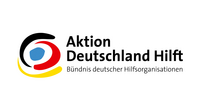Nepal February 2018
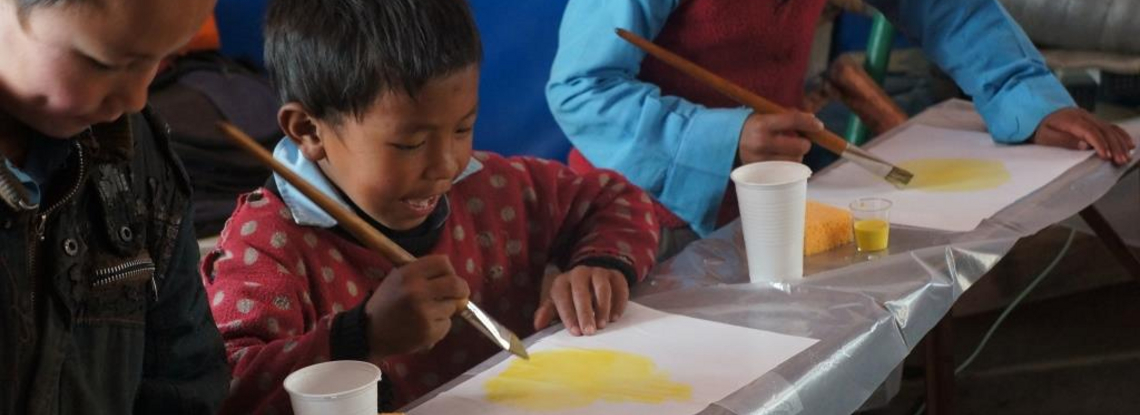
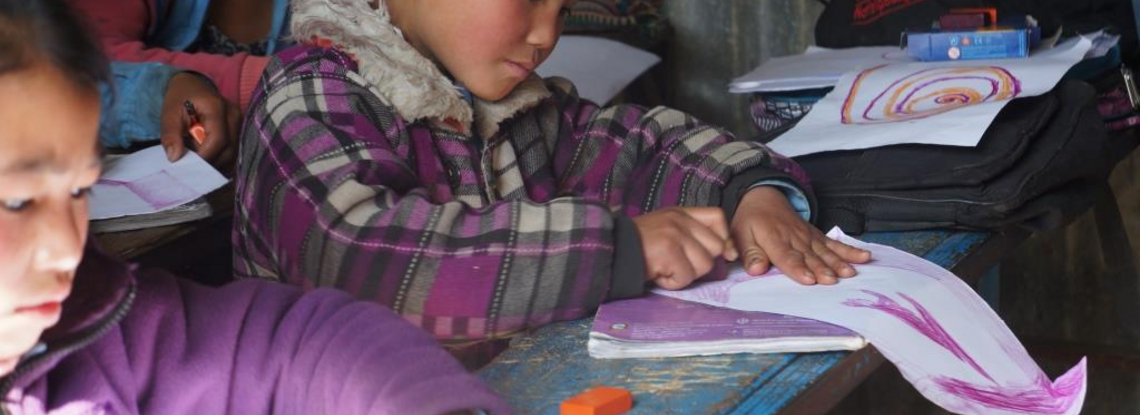
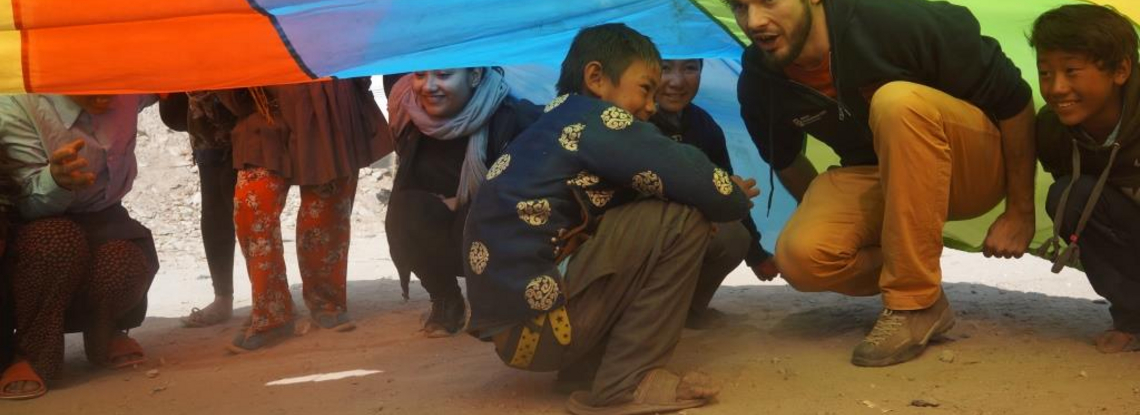
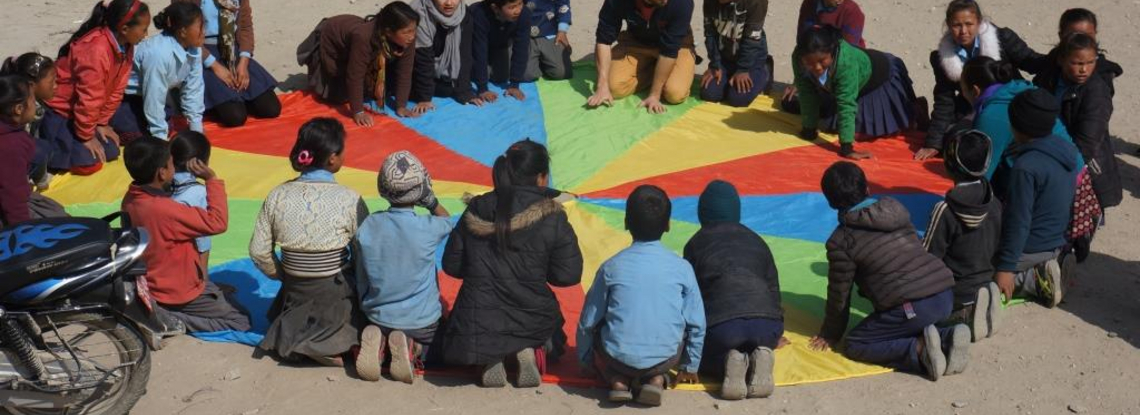
A second life after the earthquake
Interview with Sushma Bajracharya
Lukas Mall, head of operations in November 2017 and February 2018, spoke to Sushma Bajracharya, who works for the GIZ in Nepal (shortened version).
Sushma Bajracharya, you are a Community Development Advisor. Can you briefly describe what your activities are?
I work for the reconstruction programme in Nepal, which is supported by the GIZ in the conception, planning and implementation of the component "Social Mobilization". The main aim of this component is to strengthen the Community's resilience to natural and man-made disasters. In this way, the population should be able to cope better in times of conflict and disaster and be as well prepared as possible for future disasters.
How and when did you learn about emergency pedagogy?
I myself support a local NGO working with homeless children in Kathmandu. Immediately after the earthquake we organized, together with another organization called Spiny Babbler, many activities with the children, such as storytelling, poetry, painting, etc., together with the children. At this time, we did not yet know the concept of "emergency education". There was simply a need to do something together with the children, to cope with the stress they experienced during and after the earthquake. We noticed that the children were able to relax and express their feelings better. I will add a short report on this.
Later, about March 2017, I had a lot of contact with Kristina Wojtanowski. Emergency pedagogy interventions by Friends of Waldorf Education were discussed and planned. Together we conducted two rounds of intervention and I had the opportunity to learn more about work and emergency pedagogy.
You have already attended several missions in Nepal, how did you experience this and the children on location?
So far, I have had the opportunity to accompany the teams in five schools in rural areas of Nepal, which were most affected by the earthquakes. In these regions, the teams worked with schoolchildren, teachers and community members. I found the team members of the friends to be very competent, motivated and flexible. I was amazed at how quickly they adapted to local conditions and their willingness to learn about our culture, language and so on. The first intervention I attended was in November 2017, the second in January/February 2018 and both teams were under the direction of Lukas Mall. The GIZ teams in the field, including myself, were very impressed by his management skills and how well he explained the rather complicated theoretical part of emergency education.
I think that the interventions teach the art of living in their own way, especially in emergencies. The children are often unmotivated at the beginning - which always changes quickly. The interventions now only lasted three days, and if it were a little longer we would see even more impact. Nevertheless, I think that the children will always be very pleased to remember them and what they have learned will be something they will always cherish.
And which experience has touched you most during an assignment?
For example, this in Syafrubesi: most of the school children live here in the hostel, which is very simply furnished because they come from far away villages. I went to third grade there. There were four children who didn't want to do anything, no games, no songs, no drawings. But from the second day on, they were fully involved and on the last day, they said, they would like to do more. It was so nice to see them slowly opening up.
How do you see the development of villages for the future?
Municipal administrations have just been re-elected after almost two decades. The people of the village are more aware of their rights and duties. I therefore believe that we can be optimistic about the future of these villages.
